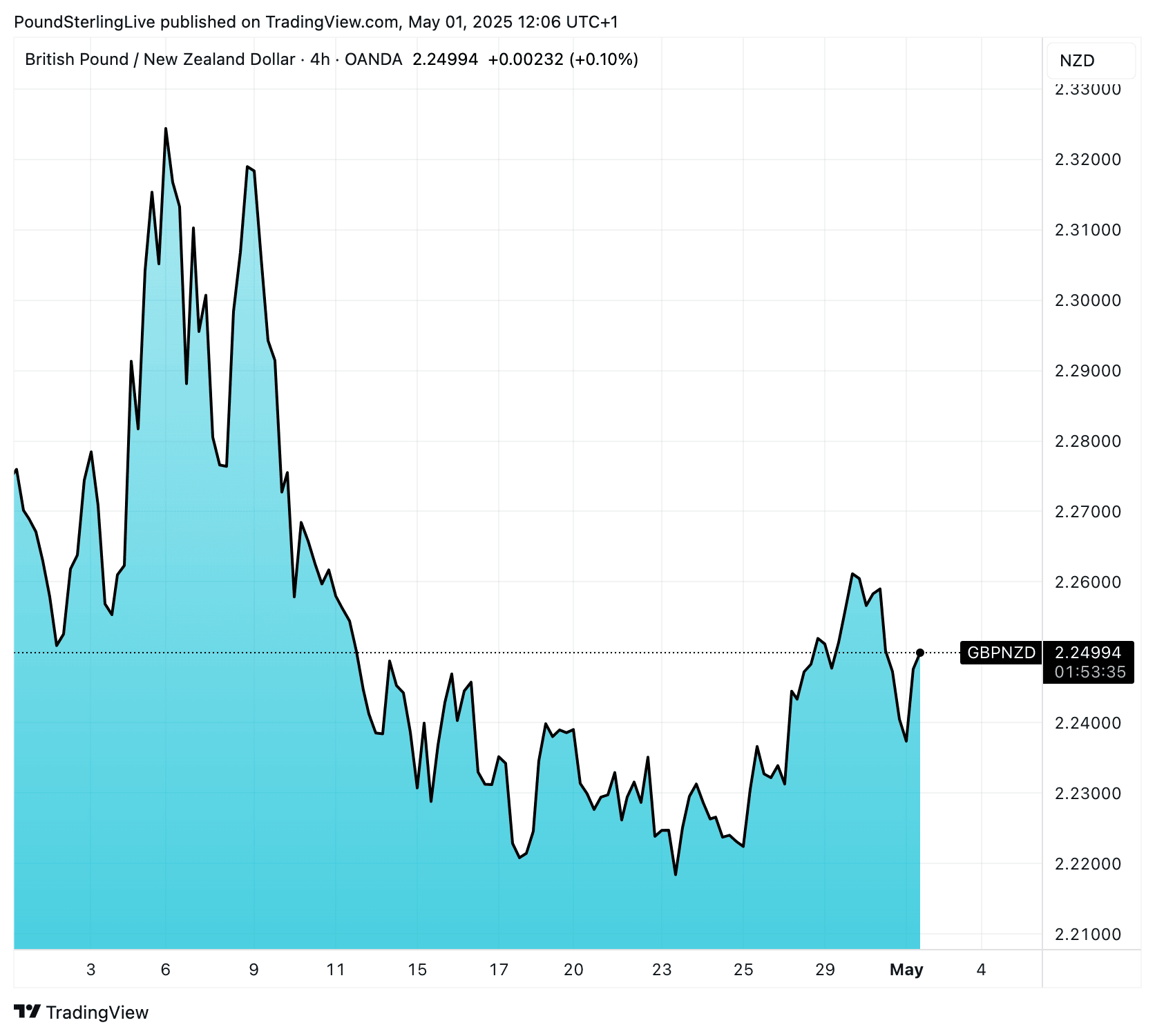
The health of the Chinese consumer matters greatly for the NZD. Image © Adobe Stock.
The New Zealand Dollar can find support in a détente in the China-U.S. trade conflict.
Hopes for détente were given a massive boost today after China indicated scope for direct talks with the U.S., something it has so far been coy about doing.
"If the US wishes to engage with China, there's no harm in it for China at this stage," said a state-affiliated social media account.
The New Zealand Dollar is sensitive to global sentiment and its economy relies heavily on the export of 'soft' raw materials to China, such as milk, wood, fruit and lamb. A global trade war would significantly slow Chinese economic activity and demand for Kiwi goods, which can be highly elastic to consumer sentiment.
Any improvement in trade relations between the major powers is therefore fundamentally supportive of New Zealand and its financial assets.
"The U.S. has proactively reached out to China through multiple channels, hoping to hold discussions on the tariff issue," said Yuyuan Tantian on its Weibo social media account.
Yuyuan Tantian is affiliated with the Chinese state broadcaster CCTV.
The New Zealand Dollar plummeted to its lowest levels in years against the British Pound and Euro in early April as markets balked at U.S. import tariffs that were far more punitive than expected.
The currency has since clawed back losses and stabilised on signs that the announcement represented the worst-case scenario for tariff fears as the U.S. looks to have used the threat as an opening gambit in trade negotiations.
Tariffs are here to stay, with BlackRock, the world's biggest asset manager, saying the overall tariff rate will settle at 10%. This would be consistent with levels last seen since 1940.
Above: NZD has recovered from early April losses (falling GBP/NZD depicted).
So although there won't be a return to the tariff-free world that the NZD found to be particularly beneficial, there is scope for significant improvement that could mean the Kiwi's lows are in.
Short-term support for NZD can build through May if the hints dropped by Yuyuan Tantian evolve into more concrete proposals carried in more noted media outlets, such as China's Global Times.
"Before the U.S. takes any substantive action, China has no need to engage in talks with the U.S.," said the social media post, citing anonymous experts. "However, if the U.S. wishes to initiate contact, there is no harm at this stage for China to engage."
China has thus far been reluctant to respond to overtures made by President Donald Trump over a desire to begin negotiations.
Market sentiment last week suffered a setback after China showed it is not ready to give U.S. President Donald Trump an easy win, which helps the Pound-to-Dollar (GBP/USD) retrace some recent weakness.
Guo Jiakun, a Chinese foreign ministry spokesperson, said last Wednesday: "as far as I know, there have been no consultations or negotiations between China and the U.S. on tariffs".
"Any reports on development in talks are groundless," said He Yadong, the Ministry of Commerce's spokesman in a regular briefing given last Thursday. He called on the U.S. to "show sincerity" if it wants to make a deal.
China thinks the U.S. has more to lose and that time is on its side in the trade war. Because of this, China on Thursday showed it is in no mood to make overtures to U.S. President Donald Trump's recent attempts to cool tensions over China-U.S. trade.
Talks are inevitable, but there is an advantage to China's position in delaying them if it builds pressure on the other side.
The U.S. is "definitely the more anxious party," for negotiations noted Yuyuan Tantian.
"If it is talks, the door is wide open," it added. "If it is a fight, we’ll see it through to the end."

